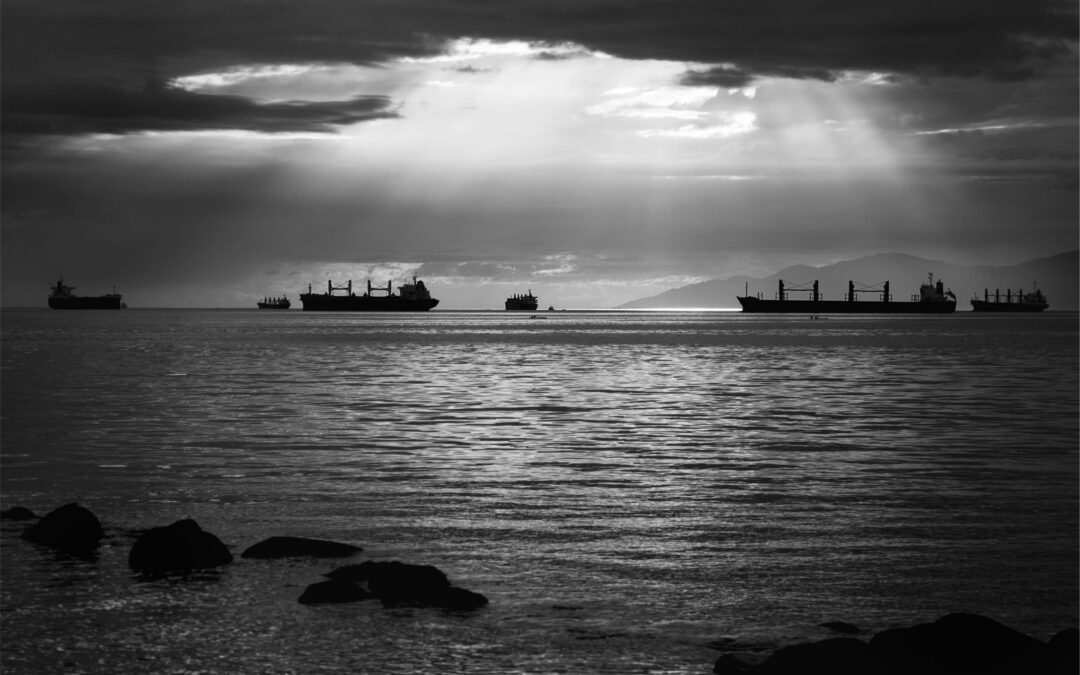The Dutch Ministry of Economic Affairs and Climate Policy has awarded € 52.9 million from the national RDM (R&D Mobility) subsidy scheme to three consortia of maritime companies and knowledge institutions. The scheme is intended to counteract declining investments in R&D in the maritime, automotive and aviation sectors.
Through the maritime R&D projects, smart knowledge and technology is developed within the Netherlands to make shipping more sustainable and reduce the impact of shipping on the climate. The award of the grant is an important first step towards realising the Dutch Maritime Master Plan, a plan to become a global leader in the construction and use of smart, clean and safe ships. By 2030, the sector aims to have fifty emission-free ships in operation.
With the RDM scheme, companies and research institutions can co-finance R&D investments in the field of sustainability and digitalisation. There is a lot of interest from the three sectors. Since May of this year, 26 consortia have submitted applications totaling € 530 million. A total of 214 organisations are involved, sixty per cent of which are small and medium-sized enterprises.
Also read: ‘Maritime recovery plan is good, but it needs political support’
Methanol, hydrogen and reducing emissions of LNG-powered ships
Grant requests were submitted for a total of € 337 million, which exceeds the available € 150 million. Of the nine maritime consortia that submitted project applications, three were successful. They were awarded a grant amount of 52.9 million for the development of methanol and hydrogen as alternative energy carriers and the elimination of greenhouse gas emissions from LNG-powered ships.
The high-quality proposals that did not receive an RDM subsidy may be reconsidered via the application submitted by the Dutch maritime sector for the allocation of € 365.6 million from the National Growth Fund. According to calculations, implementation of the Maritime Master Plan will lead to a twenty per cent reduction in construction costs, 25 per cent more smart emission-free ships built in the Netherlands due to an improved competitive position, a five per cent increase in employment, € 2.2 billion increase in economic earning capacity in 2040 and 15.4 megatonnes reduction in harmful emissions (CO2, NOX and particulates) in 2040 with a capitalised effect of € 3.6 billion.
Also read: Dutch government to act as launching customer in zero-emission ships plan








